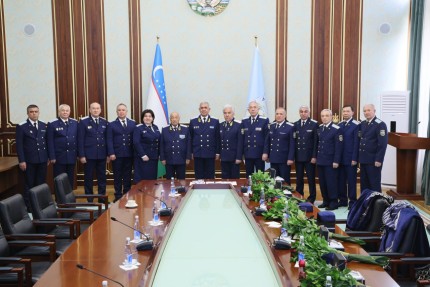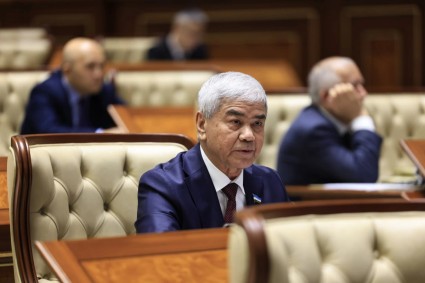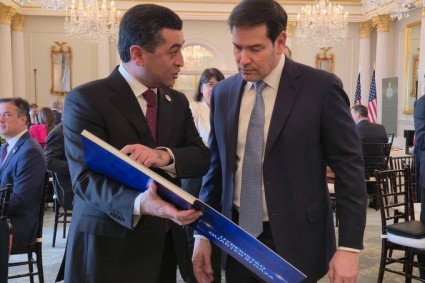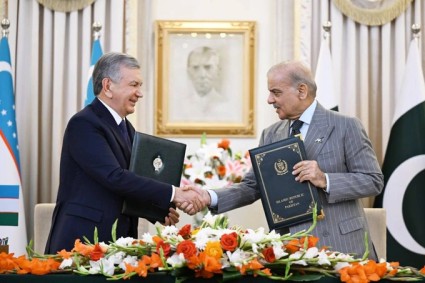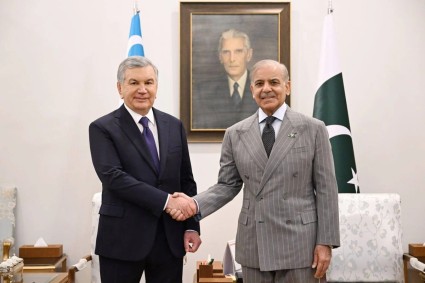At the Uzbekistan Economic Forum 2022 held in Samarkand on November 3-4, the World Bank and the Ministry of Economic Development and Poverty Reduction of the Republic of Uzbekistan (MEDPR) presented the findings and recommendations of a new joint report titled “Towards a Greener Economy in Uzbekistan.”
The report launch event brought together government officials, experts, the private sector, and civil society. It included presentations and a panel discussion by the representatives of MEDPR, the World Bank, the United Nations Development Program, the Agence Française de Développement (AFD), the Central Asia Regional Environmental Center (CAREC), the Yuksalish Nationwide Movement, a local non-governmental organization, as well as business circles.
In 2016, the government of Uzbekistan embarked on an ambitious transition from a planned to a market economy. Since then, it has made considerable strides in setting environmental sustainability priorities, as outlined in the Strategy for Uzbekistan’s Transition to a Green Economy for 2019–2030 developed by MEDPR.
“Greening of the economy is not a separate undertaking but an integral part of the broader economic transition to a sustainable and inclusive market economy," noted Kseniya Lvovsky, Practice Manager for Environment, Natural Resources and Blue Economy in the Europe and Central Asia Sustainable Development Department of the World Bank. "As more countries adopt strong climate policies, global demand for carbon-intensive products is likely to decrease. Uzbekistan has the opportunity to turn potential economic costs from this global green transition into economic benefits by strengthening domestic green and climate policies.”
The World Bank supports the government of Uzbekistan in its unprecedented economic transformation and in establishing the strategic priorities of building resilience to climate change and improved sustainability. Green, inclusive, and resilient growth is a key pillar among the objectives of the recently adopted five-year Country Partnership Framework for FY2022–26 (CPF). The CPF will contributes to the implementation of the Development Strategy of New Uzbekistan for 2022-26 that, among other priority reforms, outlines the policy measures to transit to a green economy, protect environment, improve energy and water efficiency, prevent land degradation, and so on.
“In Uzbekistan, the urgent issues to be tackled are land degradation, water stress, and air pollution from particulate matter. The country’s high energy and carbon intensity make it vulnerable to global low-carbon policies and border adjustment taxes by major trading partners. And without an adaptation response to climate change, the environmental issues and low social resilience will worsen,” said Ilkhom Norkulov, First Deputy Minister of Economic Development and Poverty Reduction at the report launch event.
The report presented at the Economic Forum provides a rich analysis on risks and opportunities and comprehensive policy recommendations on how the country can build resilience to climate change, improve sustainability, while building its natural and human capital. Some of the recommended actions—like energy efficiency measures and landscape restoration programs—have the potential to benefit the environment and the larger economy at the same time.







